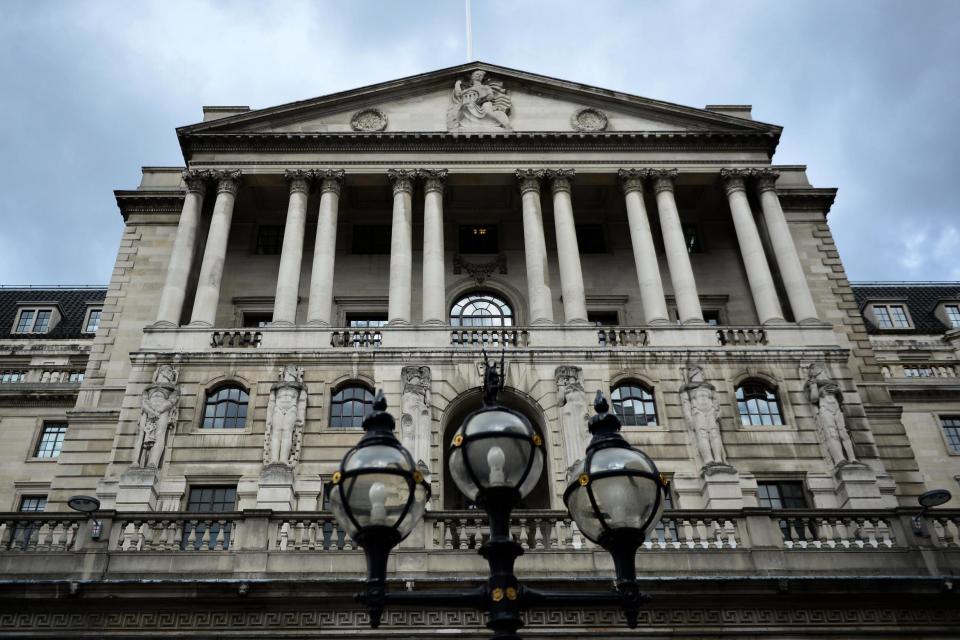Markets to Sunak: Spend, spend, spend

MARKETS took the Chancellor’s Spending Review in its stride today with bond yields barely budging and shares steady.
Rishi Sunak revealed that the government will borrow £394 billion this year – 19% of GDP.
While that is generally seen as eye-wateringly high, it is less than the City forecast.
Some have warned that such profligate borrowing will lead to inflation and higher interest rates. There was little evidence of that today.
Bond vigilantes – investors who sell bonds to drive yields up – were thin on the ground.
The two and five-year government gilts were lower on the day.
Neil Wilson at markets.com said: “They’ve barely budged an inch. The Bank of England is basically financing the government and the central bank put is so rock solid that the bond vigilantes are cowering in their basements afraid to come out these days.”
Economists note that since other governments are also on a borrowing spree, there is no obvious reason for bond investors to single out the UK for punishment.
Ayush Ansal, chief investment officer at the hedge fund, Crimson Black Capital, said, “Despite repeated use of the term ‘economic emergency’, the markets took the Spending Review largely on the chin.
“The UK economy is facing a colossal challenge in the years ahead, but for now news of multiple vaccines is having more of an impact on sentiment than the ‘long-term scarring’ the Chancellor alluded to.
“Paradoxically, it’s that point in the future when life returns to a relative normal based on widespread vaccination, and the adrenaline created by the pandemic has passed, that we could see sentiment go flat.”
Commentators say the chancellor remains in crisis mode, but stock markets were sanguine.
Shortly after the Chancellor sat down, the FTSE 100 was down 39 points at 6393. It plunged as low as 5190 in March.
Neil Birrell, chief investment officer at Premier Miton Investors, said: “The Chancellor spelt out quite clearly the extreme damage that has been done to the economy; the numbers are frightening. After the forecast bounce next year and in 2022, growth will fall back again just over 2%, than back below 2% for the next two years. This illustrates that the scars are long lasting; the scale of debt and unemployment are fundamental to the problem. The support for jobs and business are significant and need to be, the spending on infrastructure is also positive, but that takes time to plan and apply; spending is needed now.”

 Yahoo Finance
Yahoo Finance 